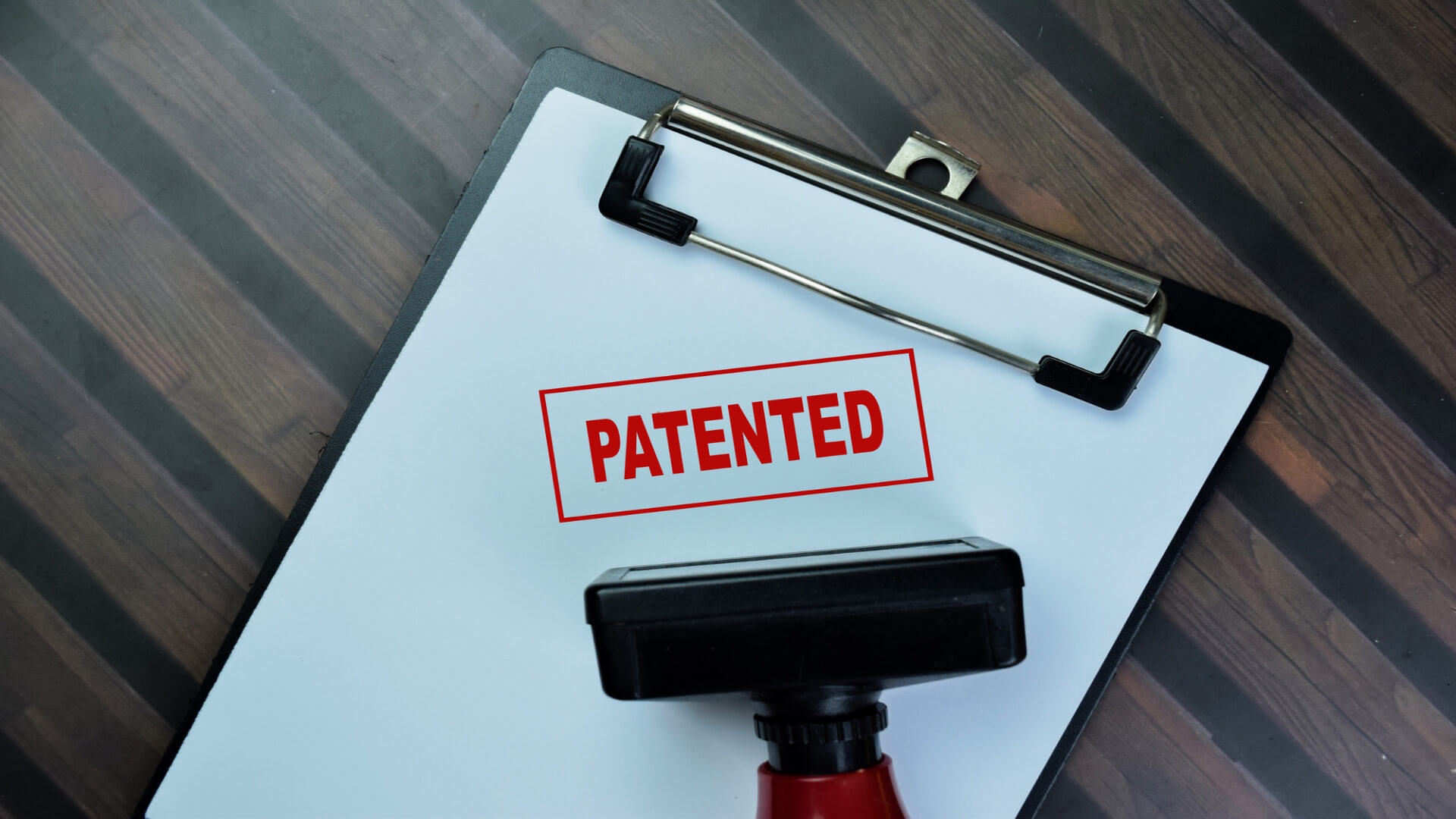Stakeholders in Europe’s IP ecosystem find themselves divided over the proposed SEP regulation even before its publication. Standard essential patent (SEP) holders, intellectual property experts, and the USPTO director argue it is a risk to the West’s technology leadership. They have proposed the need for further scrutiny, questioning the need for the regulation, as well as its lack of proportionality. Despite their concerns, the European Parliament is set to adopt the Commission’s rushed approach, looking to push the regulation through before the European elections. The proposed SEP regulation was put forward only in April this year, and the regulation could be voted on by Q1 2024. The regulation is strongly opposed by patent licensors, who argue that their fundamental ownership rights in their patents are being curtailed. They claim the right to file a patent infringement lawsuit is a fundamental right, and critical to getting licensees to agree to pay royalties.
Experts claim this timeline is too tight and will disrupt a long-standing, global system in favor of untested methods and procedures. They point to concerns raised over the proposal’s structural flaws, lack of market data justifying its need, unbalanced approach, and implications for EU leadership in critical technologies like 5G and 6G. They suggest the Commission and Parliament take their time to get this right. Here is an opinion piece we found of interest relating to the proposed SEP regulation.
EU legislators show resistance to ‘rushed’ SEP regulation
In an opinion piece “EU legislators show resistance to ‘rushed’ SEP regulation” for IAM Media, Adam Houldsworth, deputy editor, reports on the recent key meeting of the European Parliament’s Committee on Legal Affairs (JURI) where several European Union (EU) lawmakers questioned the need for the European Commission’s (EC) proposed SEP licensing regulation arguing that it was being rushed through the legislative process. He suggests that opponents of the regulation may have a better-than-previously-thought chance of delaying, de-railing or amending the legislation.
According to Houldsworth, the proposed SEP regulation would restrain SEP owners from suing implementers for infringement in EU courts until after a compulsory, but ultimately non-binding, arbitration process to be carried out by experts based at the European Union Intellectual Property Office (EUIPO). The EU’s trademark office would house the new registry where patentees would be required to register their SEPs or be prevented from claiming damages or royalties on them. Compulsory essentiality checks and aggregate royalty rates would also be introduced. He reports the proposal has largely been welcomed by large technology implementers while being severely criticized by SEP owners.
Houldsworth reports that this suggests there is hope for SEP owners that significant opposition to the SEP regulation, or calls for amendment and/or delay, will arise within JURI prior to the Committee’s adoption of the proposal, or within Parliament before a vote early next year. If the legislation is not approved by the Parliament, and the Council by March 2024, when the EU goes into election mode. This would result in the regulation’s adoption being suspended until at least the end of next year. Read more on IAM Media.
Disclosure: Fatty Fish is a research and advisory firm that engages or has engaged in research, analysis, and advisory services with many technology companies, including those mentioned in this article. The author does not hold any equity positions with any company mentioned in this article.
The Fatty Fish Editorial Team includes a diverse group of industry analysts, researchers, and advisors who spend most of their days diving into the most important topics impacting the future of the technology sector. Our team focuses on the potential impact of tech-related IP policy, legislation, regulation, and litigation, along with critical global and geostrategic trends — and delivers content that makes it easier for journalists, lobbyists, and policy makers to understand these issues.
- The Fatty Fish Editorial Teamhttps://fattyfish.org/author/fattyfish_editorial/January 19, 2024
- The Fatty Fish Editorial Teamhttps://fattyfish.org/author/fattyfish_editorial/January 3, 2024
- The Fatty Fish Editorial Teamhttps://fattyfish.org/author/fattyfish_editorial/January 3, 2024
- The Fatty Fish Editorial Teamhttps://fattyfish.org/author/fattyfish_editorial/December 31, 2023









